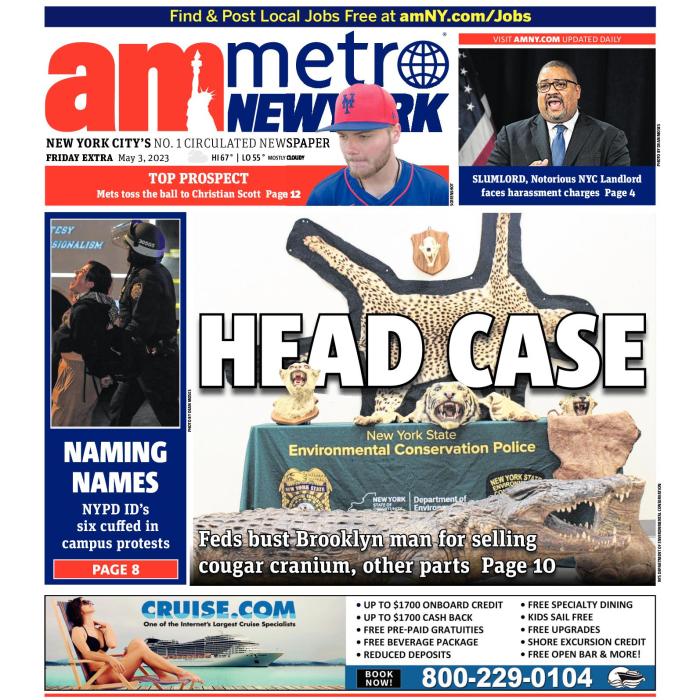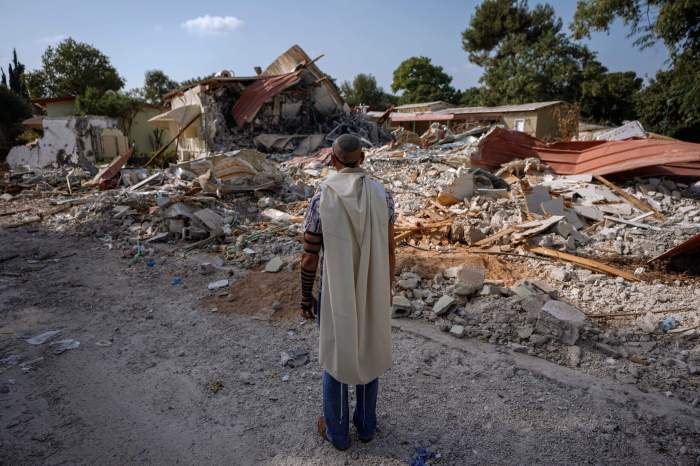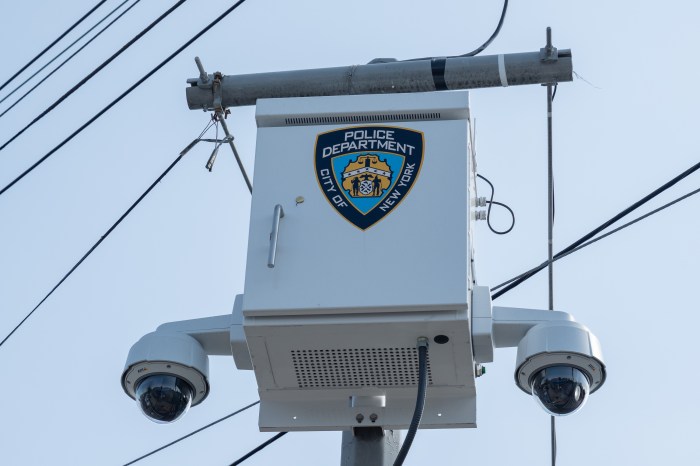In a bold and necessary move, the City Council has passed legislation creating the nation’s largest municipal identification program — meant to bring an estimated 500,000 undocumented residents out of the shadows and into our society as full participants.
Mayor Bill de Blasio plans to sign the measure into law, which is welcome news. But when he does, he should also be ready to tightly monitor this complex program, because no one knows exactly how it will affect the city’s coffers and undocumented immigrants themselves.
On the plus side, four centuries of immigration have helped make New York one of the world’s most eternally dynamic cities. And the more readily we allow striving newcomers to participate freely in our civic life, the faster we all benefit from their presence here.
The city’s ID program would allow undocumented New Yorkers to sign up for selected city services, do banking, lease apartments and handle countless other tasks.
On the downside loom several crucial questions:
Could the program inadvertently mark card holders as undocumented and even subject them to deportation? The council’s answer is to tout the card as an amenity for all residents — nondrivers, teens, homeless people, you name it. We’ll see how that plays out.
Could the program be misused to create false identities for criminals including terrorists? NYPD Commissioner Bill Bratton worries that it could. The council requires that applicants show proof of identity — say, with a foreign driver’s license — and proof of residency with a document like a utility bill. Constant vigilance will be crucial.
Could the program hit the city with a surprise surge of people applying for services in health care and other areas? It’s possible, and City Hall should be ready.
Cities like Los Angeles and San Francisco also have launched ID programs. We should study their experiences to see what might work here and what might not.
Reassuringly, the legislation calls for quarterly reports to the mayor and council on how the program is faring. The ID is a big step forward — but it must be done right.

















